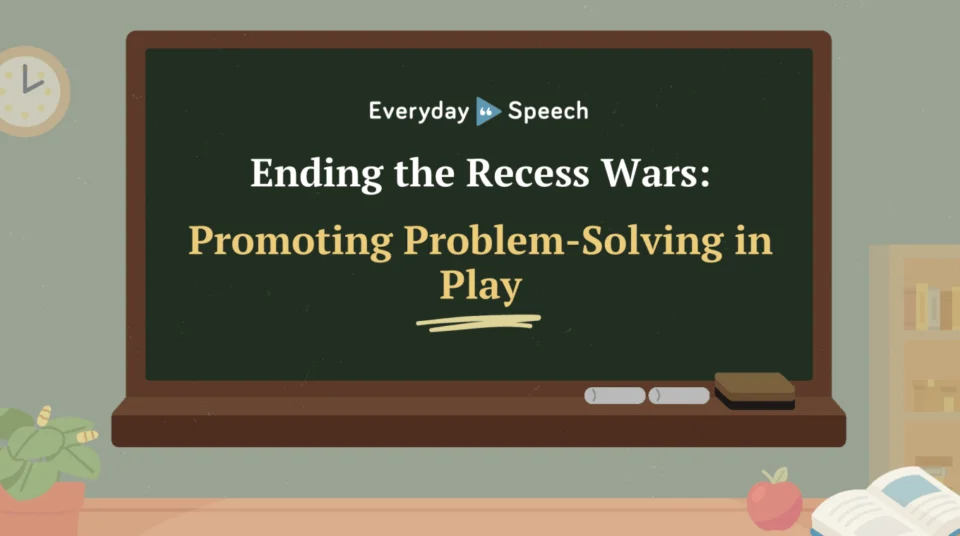Teaching Compromise in Special Education: A No-Prep Activity for Educators
Get free social skills materials
No-prep lessons on self-regulation, emotional recognition, conversation skills, and more.
Sign up hereIntroduction
In a world filled with diverse ideas and desires, disagreements are inevitable. One essential skill to navigate these situations is compromise. Compromise involves giving up a part of what you want to allow someone else to have a part of what they want. This skill is particularly important for students in special education, as it promotes healthy relationships, cooperation, and social-emotional learning. In this blog post, we will discuss a no-prep activity for educators to teach compromise to their students, along with discussion questions and related skills to enhance the learning experience.
No-Prep Activity
This activity is designed to teach students the art of compromise without requiring any preparation or materials from the educator. The activity is called “The Compromise Game.” Follow these steps:
- Divide the class into pairs.
- Assign each pair a scenario where they have to make a decision together (e.g., choosing a movie to watch or deciding on a group project topic).
- Give each student in the pair a secret objective that they want to achieve in the scenario (e.g., one student wants to watch a comedy movie, while the other wants to watch a sci-fi movie).
- Ask the students to discuss their preferences and find a compromise that satisfies both of their objectives.
- After the pairs have reached a compromise, encourage them to share their experience with the class and discuss the strategies they used to reach a compromise.
This activity not only helps students understand the concept of compromise but also encourages them to practice active listening and effective communication.
Discussion Questions
- Why is compromise important when working with others? How does it contribute to a positive group dynamic?
- What are some situations where compromise might be challenging? How can you approach these situations?
- How does practicing compromise help develop empathy and understanding of others’ perspectives?
- What strategies can you use to effectively communicate your needs and preferences while still being open to compromise?
- How can you balance standing up for your own needs with the needs of others when compromising?
Related Skills
Beyond compromise, there are other essential skills that contribute to successful social-emotional learning and healthy relationships. Some of these skills include:
- Active listening: Paying full attention to the speaker and making an effort to understand their perspective.
- Effective communication: Expressing thoughts and feelings clearly and respectfully.
- Conflict resolution: Identifying and addressing disagreements in a constructive manner.
- Empathy: Understanding and sharing the feelings of others.
- Teamwork: Collaborating with others to achieve a common goal.
Next Steps
Teaching compromise is a crucial aspect of social-emotional learning, especially for students in special education. By incorporating this no-prep activity and related skills into your lesson plans, you can help your students develop the tools they need to navigate disagreements and maintain healthy relationships with others. To explore more strategies and resources for teaching compromise and other valuable skills, sign up for free samples at Everyday Speech.


